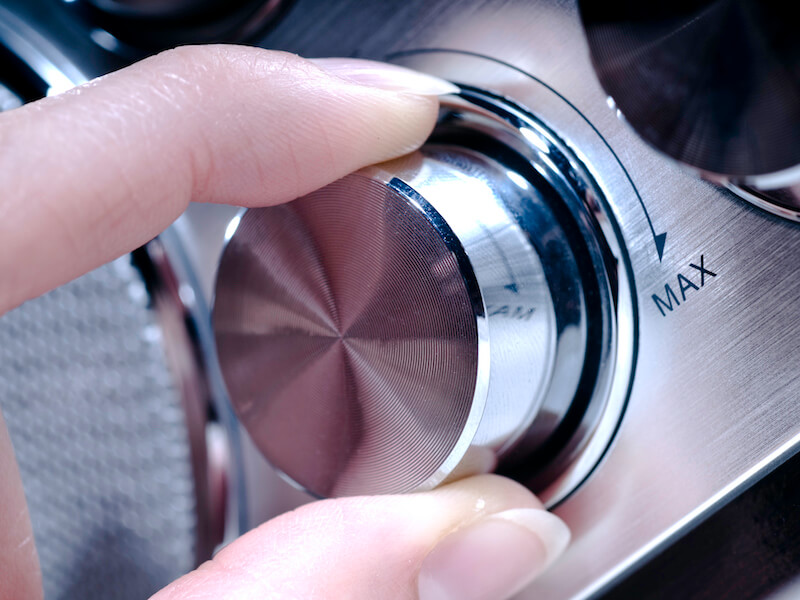
Sometimes, it’s easy to recognize when you need medical advice. When you break your leg, for example, you know you should go to the doctor (or the emergency room, depending on the situation). You could need a splint or a cast or supportive device, but the thing is that you’re not likely to try “toughing it out”. At least, not for that long (especially if you want your bones to mend themselves correctly).
But in terms of hearing aids, it isn’t always so easy to identify when it’s time to get some assistance. Hearing loss is usually a developing condition. This means recognizing when to get treatment for hearing loss can be difficult.
That’s why it’s a good idea to keep an eye out for some specific indicators that you might be losing your ability to communicate. If you notice any, it might be time to consult us about your first pair of hearing aids.
Hearing aids and hearing loss
Hearing aids are the main form of treatment for hearing loss. But that doesn’t mean everybody who has hearing loss will instantly need a pair of hearing aids. In situations where patients have very mild hearing loss, hearing aids won’t always be beneficial. As a result, we might want you to wait before beginning to use them. It’s also possible that we could advise you to only use your hearing aids when you’re in particular situations.
In other words, the threshold for requiring hearing aids is not always a hearing loss diagnosis.
But in many cases hearing aids will be the best answer. Many people won’t have their hearing loss diagnosed until it becomes more serious because hearing loss advances slowly and frequently goes undetected for a while. But if you come in to see us regularly, you might be able to catch your hearing loss early, and, as a result, you may not require hearing aids right away.
So how will you know if you have hearing loss?
Signs you need a hearing aid
Hearing loss is one of those conditions that can create immediate communication issues. The funny thing, though, is that you don’t always realize that those communication difficulties are the result of hearing loss. So, when is it time for a hearing aid?
Here are a few of the typical signs you should look out for:
- You can’t understand people on the phone: Voices typically sound a little flat on even high-quality phone speakers. If you have hearing loss, this can make it even harder to understand conversations. Again, specific frequencies are cut out and the result is that it’s extremely hard to hear those voices.
- When you’re in noisy locations, you have a difficult time following conversations: This is probably one of the most prevailing symptoms of hearing loss. If you have a hard time hearing conversations in loud places, that’s often a sure sign that you have hearing loss. This occurs because your ears are not getting as much information as they used to, and your brain isn’t really capable of filling in the gaps as easily. A lot of conversations get muffled because of this.
- You listen to the radio or TV at really loud levels: Hearing loss could be the culprit if you continuously need to crank the volume of your devices up. This is especially true if you keep moving that volume knob higher (and even more especially relevant if the people around you complain about how loud your media is).
- When people talk, you can’t always make out what they said: Many individuals don’t think they have hearing loss or need hearing aids because the overall volume they perceive seems fine. But hearing loss is curious, it tends to affect certain frequencies before others. Because of this, things like vowel sounds in the higher register can sound distorted. As a result, you may have a difficult time making out what people are saying to you.
So how should you deal with it?
Obviously, you know exactly what you have to do when you break a bone! But what do you do when you start to experience the symptoms of hearing loss? What degree of hearing loss requires hearing aids? Well, that’s difficult to answer, but when you begin experiencing these signs, it’s a good idea to make an appointment with us. We will be able to let you know how severe your hearing loss is.
A hearing test will also help you get the best possible hearing aids for your requirements if you do indeed need hearing aids. This means you’ll be able to get back to spending quality time with your friends and family, you’ll hear your grandkids when they give you a call, your co-workers at your morning meeting, and your friends at the pub.
Call us for a hearing test so we can help you improve your quality of life.